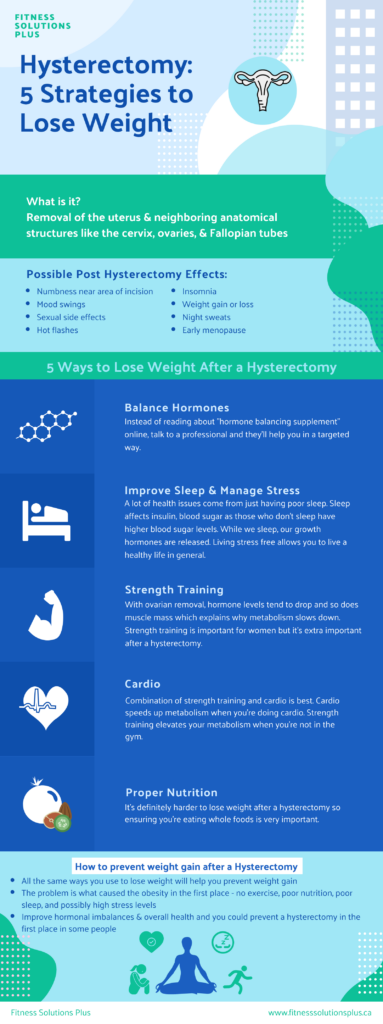Supplements for Weight Loss After Hysterectomy
Losing weight after undergoing a hysterectomy can be challenging for many women. This major surgical procedure, which involves the removal of the uterus, can lead to hormonal changes and metabolic shifts that may impact weight management. While a healthy diet and regular exercise are important for post-hysterectomy weight loss, supplements can also provide additional support. In this article, we will explore some of the best supplements for weight loss after hysterectomy.
The Role of Hormonal Changes
Hysterectomy often results in hormonal changes due to the removal of the uterus. This can lead to imbalances in estrogen levels, which may adversely affect weight management. Estrogen plays a crucial role in regulating metabolism and body fat distribution. When estrogen levels decrease, the body may hold onto excess weight, particularly around the abdomen.
1. Omega-3 Fatty Acids
Omega-3 fatty acids, commonly found in fish oil supplements, can assist with weight loss after hysterectomy. These essential fats help regulate hormones, reduce inflammation, and enhance metabolic function. Omega-3 fatty acids also promote feelings of fullness and satisfaction, making it easier to stick to a calorie-controlled diet.
2. Green Tea Extract
Green tea extract is a popular supplement known for its weight loss benefits. It contains caffeine and catechins, which increase thermogenesis (the process of burning calories to produce heat) and fat oxidation. Green tea extract also helps regulate blood sugar levels and decreases appetite, allowing for better control over food cravings.
3. Probiotics
Post-hysterectomy, some women may experience digestive issues or changes in gut health. Probiotics can aid in maintaining a healthy gut microbiome and optimizing digestion. A balanced gut flora is essential for proper nutrient absorption and metabolism. Probiotics can also help reduce bloating and inflammation, promoting a flatter abdomen.
4. Vitamin D
Vitamin D deficiency is common among women, especially after menopause or surgical procedures like hysterectomy. Low levels of vitamin D have been linked to weight gain and increased body fat. Supplementing with vitamin D can help regulate hormones, improve insulin sensitivity, and support weight loss efforts. Additionally, adequate vitamin D levels are essential for overall health and immune function.
5. Conjugated Linoleic Acid (CLA)
Conjugated linoleic acid (CLA) is a naturally occurring fatty acid found in meat and dairy products. This supplement has been shown to improve body composition by reducing body fat and increasing lean muscle mass. CLA also enhances fat burning, metabolic rate, and insulin sensitivity. Taking CLA supplements can potentially aid in weight loss and body fat reduction after hysterectomy.
6. Chromium
Chromium is a trace mineral that plays a crucial role in insulin function and glucose metabolism. It helps regulate blood sugar levels and control appetite, reducing the risk of overeating and weight gain. Supplementing with chromium can support weight loss efforts, especially for women with insulin resistance or diabetes-related conditions.
7. Fiber
Fiber is an essential nutrient often overlooked during weight loss journeys. Adequate fiber intake promotes satiety, slows down digestion, and helps maintain stable blood sugar levels. Good sources of fiber include whole grains, fruits, vegetables, and legumes. If it is challenging to meet the daily fiber requirements through diet alone, consider adding a fiber supplement to aid in weight loss and overall digestive health.
Conclusion
Weight loss after hysterectomy requires a comprehensive approach that incorporates lifestyle changes, including a nutritious diet, regular exercise, and proper supplementation. The supplements mentioned in this article, such as omega-3 fatty acids, green tea extract, probiotics, vitamin D, conjugated linoleic acid (CLA), chromium, and fiber, may provide additional support in achieving weight loss goals. However, it is essential to consult with a healthcare professional before starting any new supplement regimen, as individual needs may vary.


